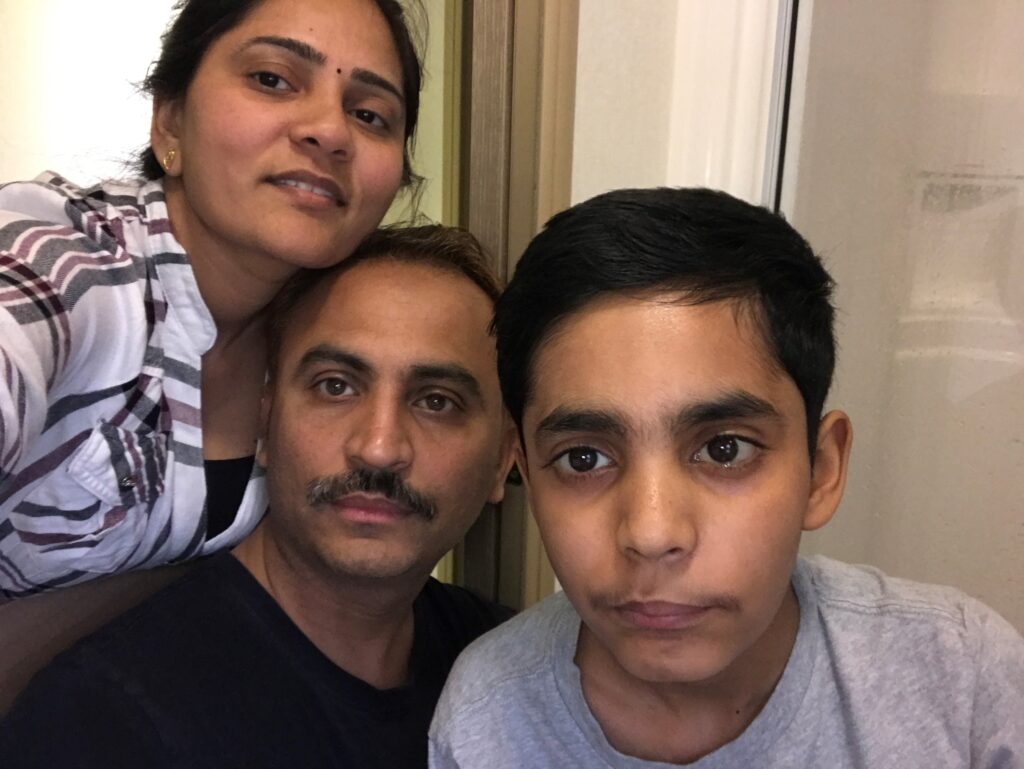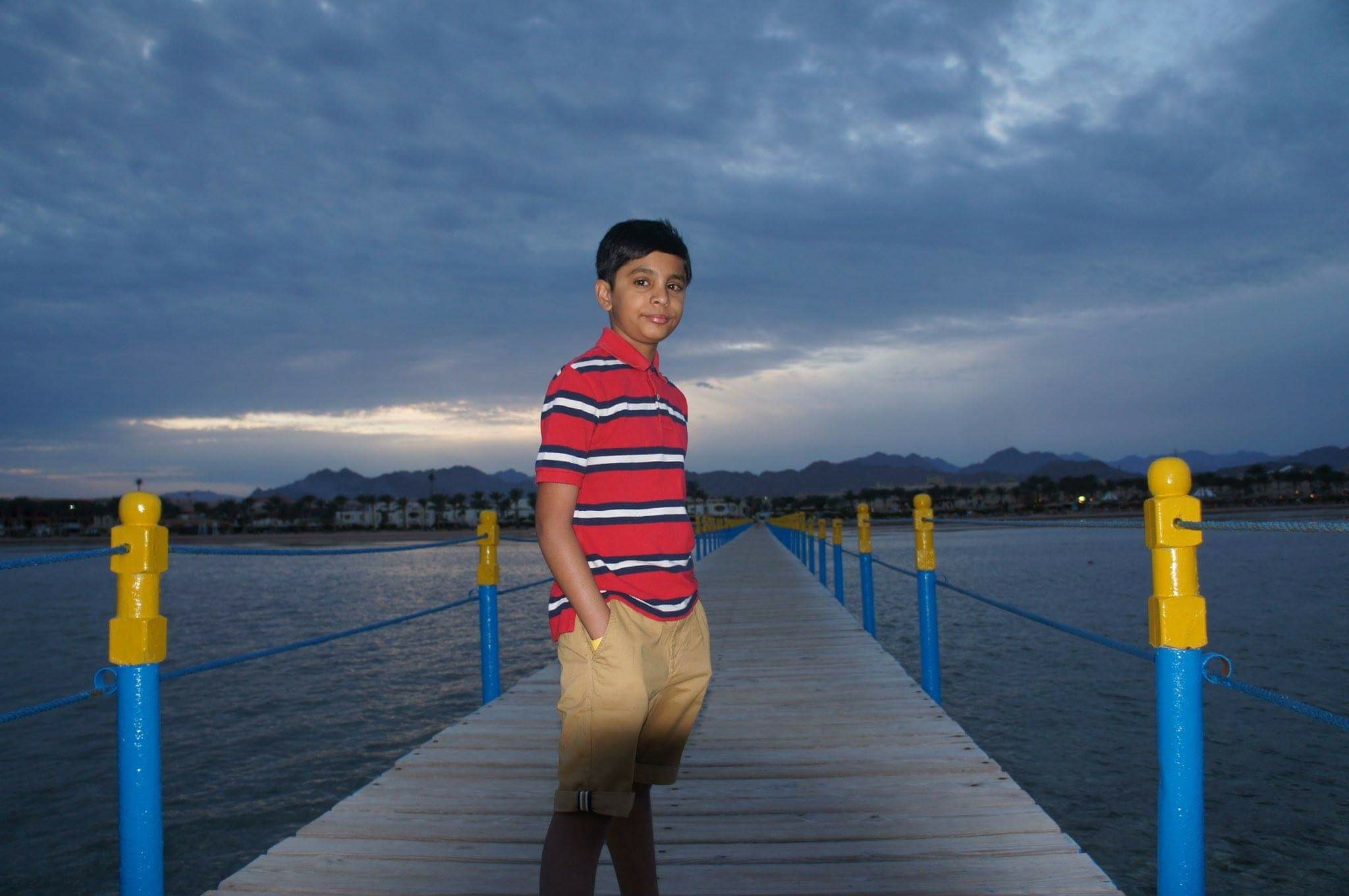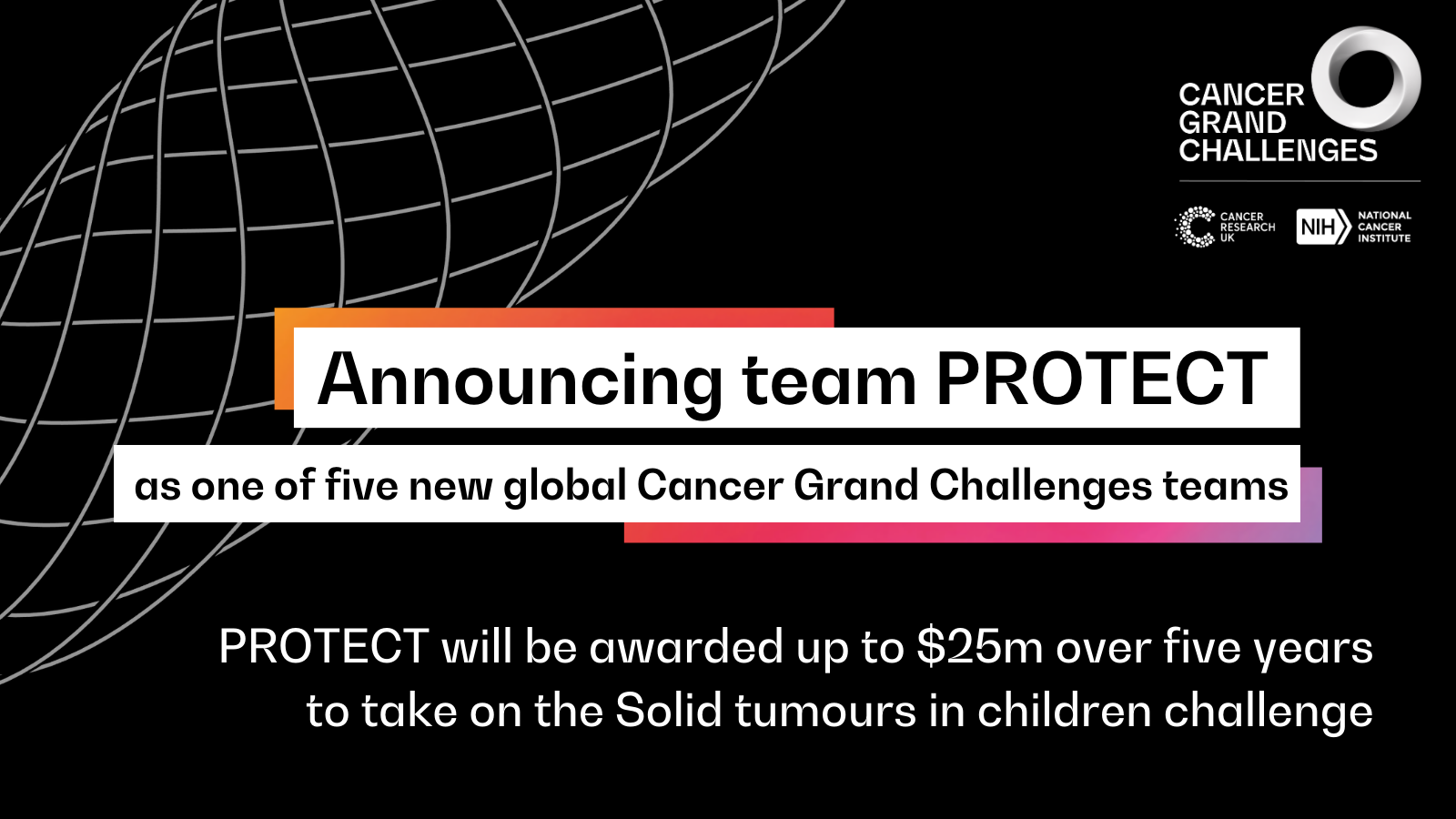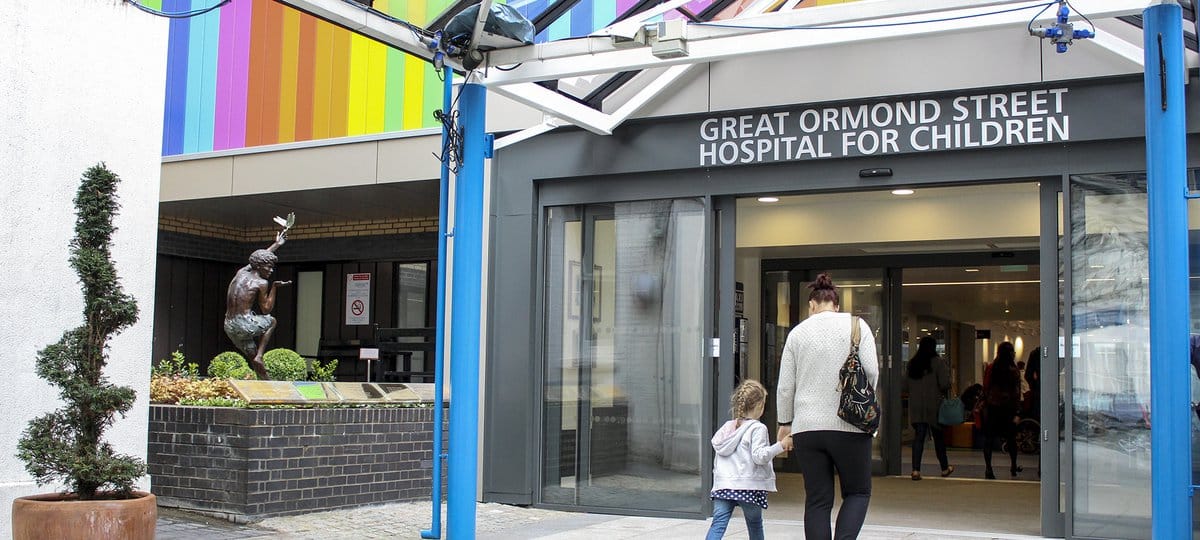A team of scientists in America and the UK are combining a genetically modified cold sore virus with a cancer vaccine to treat an aggressive type of brain cancer in children, thanks to a new funding partnership between LifeArc and CureSearch.
The 3-year survival rate for children with high-grade gliomas (malignant tumours), without any further complications, is only 11-22%. These dismal statistics have not improved in 30 years and, currently, the few children who are cured have to undergo treatments that were initially developed for adults, such as radiotherapy and chemotherapy, which can harm their developing brain.
Safer and more effective treatment options for children are urgently needed to improve survival rates and minimise long-term side effects.
The research will be led by Dr Gregory Friedman, Professor of Paediatrics at The University of Texas MD Anderson Cancer Center. His team involves experts from the University of Alabama at Birmingham, Harvard University, Dana-Farber Cancer Institute, Mount Sinai, and the University of Cambridge here in the UK.
The researchers will use a genetically engineered herpes simplex virus type 1 to eliminate cancer cells. This type of virus is ideal for brain tumours because herpes naturally targets nerve cells. The virus is engineered to enter the cancer cells and replicate rapidly, which breaks the cells open and exposes them to the immune system, effectively destroying them.
The research team has already used the virus in a small phase 1 trial where responses to the treatment were seen in 11 out of 12 children. The virus also increased the number of immunity-boosting white blood cells within the tumours. Researchers now want to combine the virus with a cancer vaccine called SNAPvax. This combined approach will allow the vaccine to prime the body’s immune system to attack cancer cells, as well as potentially sustaining the effects of the virus. This dual effect has already been observed in non-central nervous system adult tumours.
Dr Gregory Friedman, Paediatric Haematologist/Oncologist and Principal Investigator on the project explains: “Children with aggressive brain tumours are in desperate need of targeted, less-toxic therapies. Our research demonstrates that we can prime the immune system to target a tumour with a vaccine, which then enhances the ability of an altered cold-sore virus to stimulate an immune response against the tumour. Our talented team of academic and industry researchers will help develop and translate this approach, with the goal to more effectively treat paediatric brain tumours.”
A joint funding partnership
The project has been made possible thanks to CureSearch and LifeArc. In 2022, CureSearch presented Dr. Friedman with the CureSearch Acceleration Initiative award, and committed to securing USD$1.5M of funding for this research project. CureSearch Acceleration Initiative projects are highly innovative, address a significant challenge in paediatric cancer drug development, and have an extremely strong probability of clinical application in an accelerated timeframe. LifeArc is contributing just over £660,000 (equivalent to approx. USD$826,000) of this. Both charitable organisations recognise that childhood cancers are different from adult cancers, and that adult treatments are not appropriate for use in children. They are joining forces to address the urgent unmet need to develop bespoke therapy.
“This project really stood out to us because this novel approach holds real promise in an area of high unmet medical need – aligning with our strategy. Cancer is the major cause of death by disease for children under 14 years of age, yet medicines that specifically target childhood cancers are scarce. Survival rates are dismal and the damaging long-term effects of established cancer treatments, such as chemotherapy and radiotherapy, are now well documented. Our mission at LifeArc is to do better for children with cancer by helping to progress research that could lead to the development of new, less toxic, treatments, ultimately saving lives.”
Dr David Jenkinson, Head of Childhood Cancer, LifeArc
“At CureSearch, our mission is to end childhood cancer by driving targeted and innovative research with measurable results in an accelerated time frame. Dr. Friedman’s groundbreaking work exemplifies this mission and represents a truly transformational project within the field. By combining a cancer-fighting virus with a novel vaccine platform, he is developing an innovative treatment option that could bring new hope to children with brain tumours. We are thrilled to partner with LifeArc to advance this research, as it represents a significant step forward in treatment for children with this devastating disease.”
Dr. Paisley Myers, Director of Research and Programs at CureSeach
Hope for patient families
Namrata and Bhavesh Pandya, from Harrow in London, lost their 14-year-old son Khushil to a diffuse midline glioma (DIPG) brain tumour in September 2017. Following his diagnosis, the couple tried their best to keep life as normal as possible for Khushil. They vowed to make the most of the time he had left and drew up a wish list of things he wanted to do.
Khushil continued to go to school, and his family insisted that his medical appointments were scheduled outside of school hours. He even completed his bronze Duke of Edinburgh expedition in June 2017 in his wheelchair. He died in his parents’ arms, at home, a few months later.
It was devastating to discover that treatment options for Khushil were limited and had not advanced significantly in decades. That’s why Namrata became a volunteer and a fundraiser for The Brain Tumour Charity – setting up the Khushil Pandya Fund.

Commenting on today’s announcement, Namrata says: “Bhavesh and I will never be ready to accept that, in this day and age where science has progressed in so many areas, with this particular tumour, there’s very little knowledge on how and why it happens. There is no effective treatment or medication to help, and this hasn’t changed for over 40 years.”
“More effective treatment means shorter duration of illness, lesser side effects, better quality of life and could potentially save more lives and families. I believe that morally we should be investing in children’s brain tumour treatments to save them and protect them.”
Today’s announcement has also been welcomed by the Brain Tumour Charity. Cameron Miller, Director of External Affairs & Strategy at the charity says: “Namrata’s story reminds us that high grade gliomas in children represent a cruel disease with clear unmet need. We are delighted to see further funding going into promising research and look forward to seeing the results which we hope will lead to better outcomes for children.”
Dr. Friedman’s project is funded through a CureSearch Acceleration Initiative Award with additional support from Rally Foundation for Childhood Cancer Research and other generous donors.
Media contact
Hannah Severyn
Head of Media and PR at LifeArc




